‘We Are Risking Everything’: 10 Frontline Heroes Urge Indians to Fight With Them
India: Meet the Coronavirus (COVID-19) heroes like doctors, police and nurses. They have been attacked recently, but we must respect them.
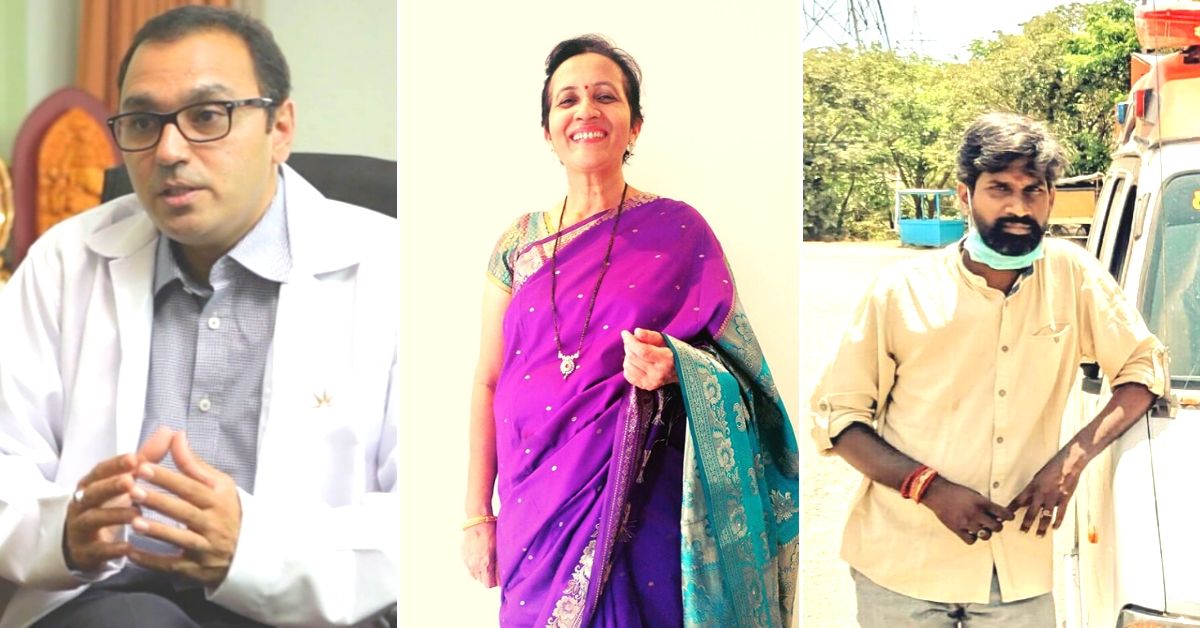
There have been some disconcerting reports recently about some sections of the general public attacking, stigmatising and disrespecting those working on the frontlines of the COVID-19 epidemic, particularly medical staff and police personnel.
In a time of crisis, such behaviour is unacceptable.
The Better India (TBI) talked to people working at the frontlines across the country to voice their feelings and opinion on the matter. And all of them shared the same sentiment. Respect their right to dignity.
Tsering Yangzom, Senior Nurse at Sonam Norboo Memorial Hospital, Leh
Tsering Yangzom Skurbuchan (35) was among the first nurses alongside Angmo Likir (27) who volunteered to look after the first two confirmed cases of COVID-19 in Leh.
“When I volunteered to care for the patients, my family members weren’t pleased, and asked me why I should be there with these patients carrying a very serious disease. But, we took all the necessary precautions, like wearing personal protective equipment (PPE). It was our duty to look after them and give them the best care possible. People should never maintain such negative attitudes about the medical staff working on the field and patients. We also have family and children at home. Attacking or disrespecting them is like committing a sin. Please understand that we are all human too,” she tells TBI.
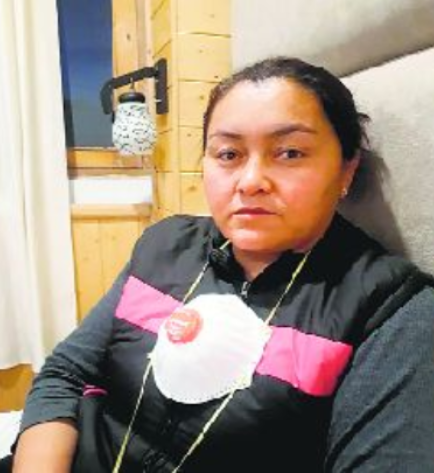
Anjali Kajarekar, Senior Nurse, Government hospital, Mumbai
Working as a nurse for the past three decades, Anjali Kajarekar showed no hesitation in responding to the call of duty when the epidemic hit Mumbai. Despite her son’s pleas to stay at home, the government hospital nurse from Mumbai left her home to serve.
“If not us during the time of national emergency then who? We signed up for this years ago so that during such a situation we will be ready to serve no matter what,” she says.
“Everyone serving in this situation has their own family at home waiting for them just like you. Let’s cooperate and fight this together,” she adds.
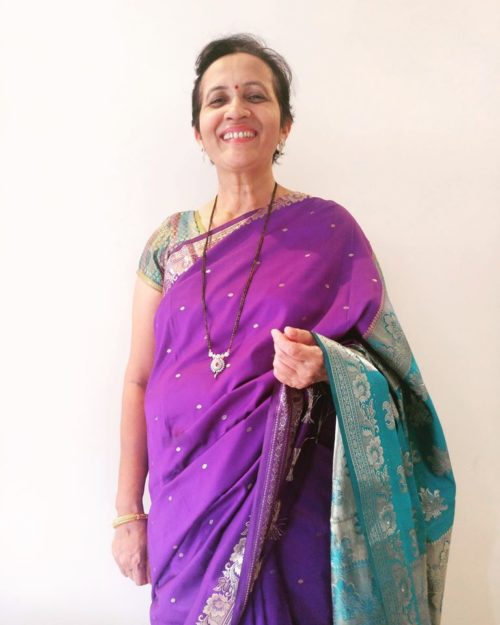
Dr. Vishal Rao, Senior Doctor at the HCG Cancer Centre, Bengaluru
Dr. Vishal Rao is currently the Chief of Head & Neck Surgical Oncology and Robotic Surgery at the HCG Cancer Centre in Bengaluru. The inventor of the ‘Aum Voice Prosthesis’, a $1 speaking device for throat cancer patients, Dr. Rao has taken a serious interest in cancer prevention and anti-tobacco programmes. He is part of a three-member team at HCG Hospital that has reportedly developed a treatment protocol for COVID-19 positive patients.
“It has not been an easy journey for the medical fraternity. This has been an extremely taxing time for them. On an average, the Indian physician has a higher burnout rate because of the workload. The COVID-19 epidemic has tripled that pressure and burnout. At this juncture, the least that society can do is to stand with us. This is a clarion call from health workers, asking the society that they stand with them. That’s the larger message. We are here for you, but you also need to be there for us,” says Dr. Vishal Rao.
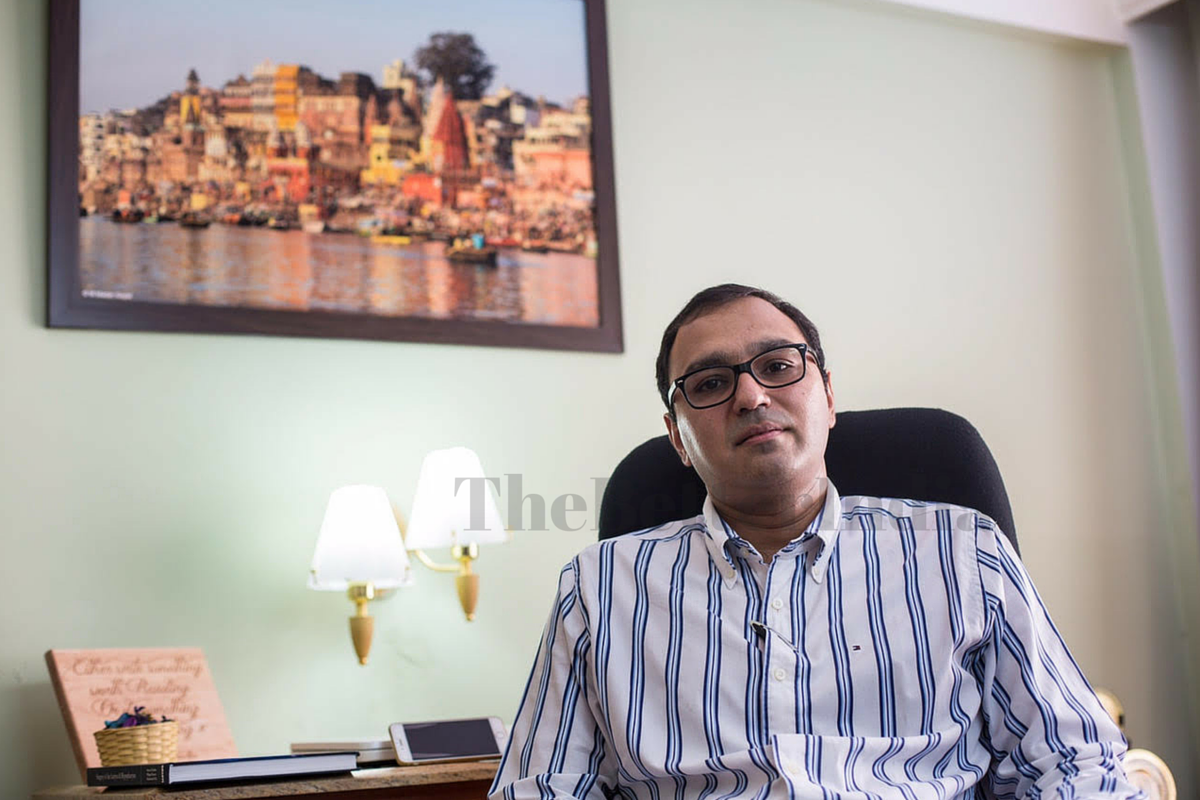
Dr. Sajinglu Chai Pul, DMO of Lohit District, Arunachal Pradesh
When the first patient from Arunachal Pradesh tested positive in Lohit district, there was panic all over the state. Fortunately, they had District Medical Officer Dr. Sajinglu Chai Pul, who not only led the medical staff’s efforts in treating this patient, but also calmed the public’s frayed nerves.
“As a doctor, my priority is to treat the patient. Yes, there is always fear of infection, but we cannot abandon the patients and the public must respect our work,” she says.
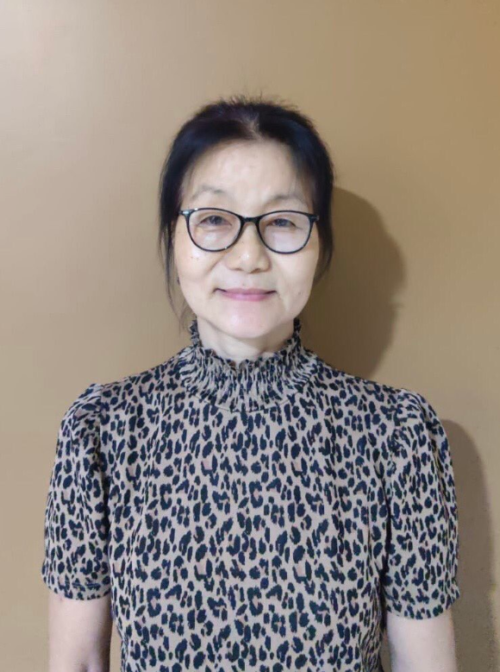
SHO Arvind Kumar, Defence Colony, Delhi
Since the first lockdown was announced on 22 March, Station House Officer (SHO) Arvind Kumar (48), who is in charge of a police station in Defence Colony, South Delhi, has been distributing food bags, rations, face masks, and hand sanitisers to around 350 families residing in Indira Camp, a slum area behind the police station. Those benefiting from his initiative are daily wagers, safai karamcharis or labourers in the informal sector.
“Police personnel are performing duties that are not prescribed to us like going into slums and distributing food, rations, masks, hand sanitisers and ferrying patients to hospitals. Some among the general public may not feel grateful, but at the very least they should cooperate with us. Our families also worry about us and request us not to go out but it’s our duty to serve. We are exposed to the most risk after doctors, but unlike them we don’t walk out with extensive protective gear. During regular times, attacks on the police are very wrong. During a pandemic, this is unacceptable,” he says.
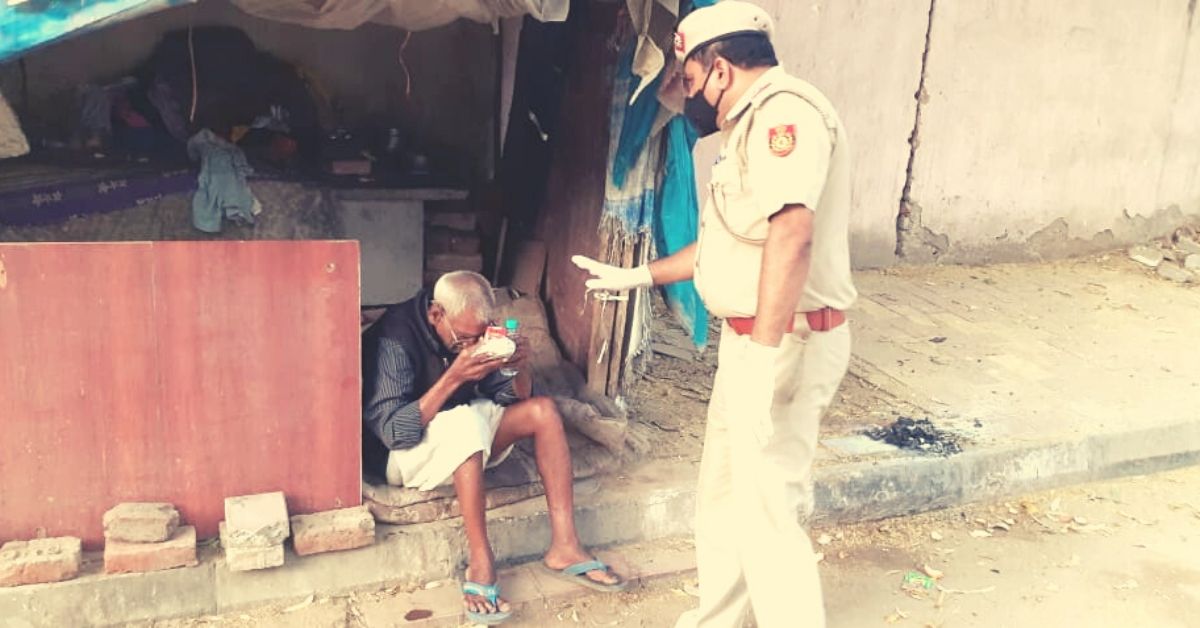
Commissioner Mahesh Bhagwat, Rachakonda Police, Telangana
Under his leadership, the Rachakonda Police has served thousands of migrant workers, daily wagers, local residents and other vulnerable citizens by helping deliver food and other daily essentials besides performing their official duties.
Commissioner Bhagwat has himself worked on the ground in this regard.
“Attack on public servants carrying out their duties during this epidemic will not be tolerated at all. The law will take its own course against those who attack police personnel, medical staff or any other public servant. What these attacks do is demoralise first responders to any positive case of COVID-19. Our appeal to people is that they must control their emotions. If they have any grievances, they must take up the matter through official channels. But they cannot take the law into their own hands. This will not be tolerated at all. Our public servants are taking great risks in battling this epidemic. People must appreciate their efforts and cooperate with them,” says Commissioner Bhagwat.
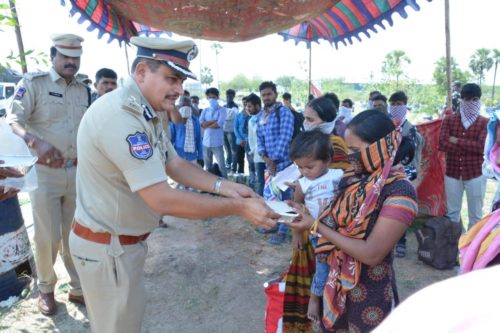
Join The Better India’s “BETTER TOGETHER” initiative to help migrant labourers, daily wage earners, frontline workers, and all those who need our support in this fight against COVID-19.
Unable to view the above button? Click here
Hope Welfare Trust’s Green Groups, Uttar Pradesh
Hope Welfare Trust, a Varanasi-based non-profit, trains and organises women groups called ‘Green Groups’ to battle various social vices. However, since the nationwide lockdown was first announced as a result of COVID-19, these Green Groups have made face masks, distributed food and other essentials to thousands of underprivileged families in rural Uttar Pradesh.
“The sooner India recovers from the COVID-19 epidemic the better it would be considering our population and high population density. Those on the frontlines like police officers, doctors and NGO workers are putting their life at risk by serving society in these times. We must support their efforts as much as possible and not denigrate them in any way,” says Divyanshu Upadhyay, Founder of Hope Trust Welfare.
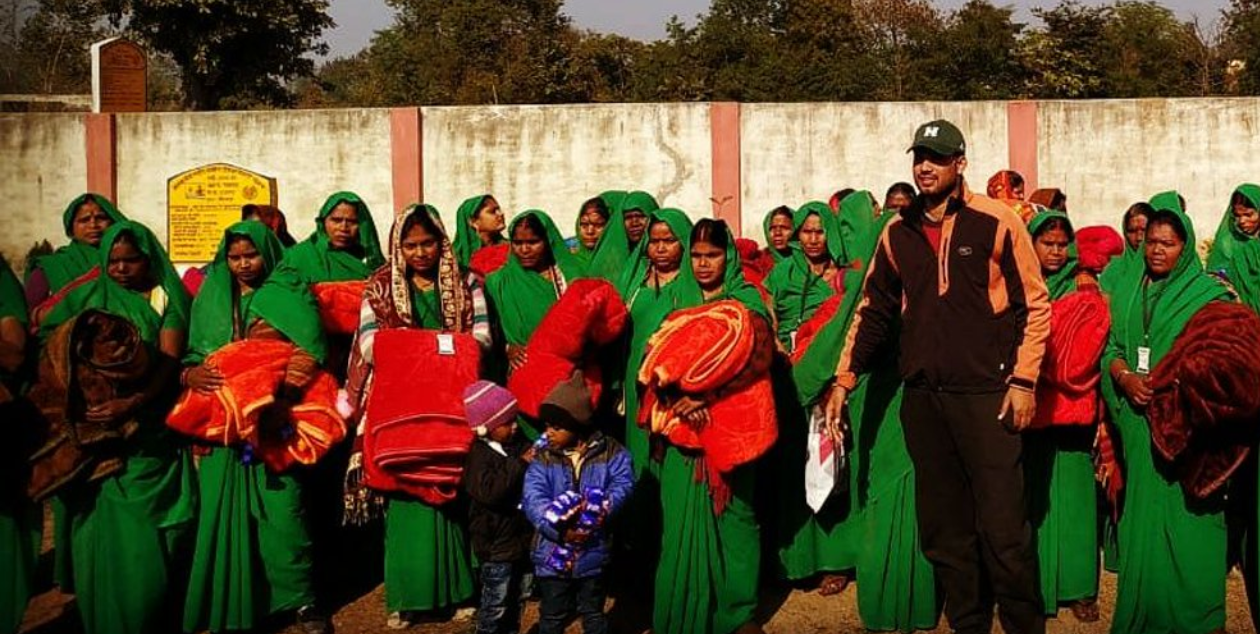
Amol Sainwar, Shivprabha Charitable Trust, Maharashtra
Founded by Amol Sainwar, the Shivprabha Charitable Trust has since December 2014, extensively worked on economic development, education, health and other initiatives in rural Maharashtra. Since the lockdown was announced, however, they have shifted their efforts to feeding the underprivileged. Thus far, they have distributed grocery kits to nearly 500 families in Thane, Akola, Yavatmal, Nanded, Pune and Gadchiroli districts of Maharashtra.
“It’s not easy to work on the frontline of this epidemic because you have to take care of yourself. We are also facing similar problems in furthering our efforts, but at the same time we are working to the best of our abilities. People must support those on the frontline and ensure they respect their work,” says Amol Sainwar.
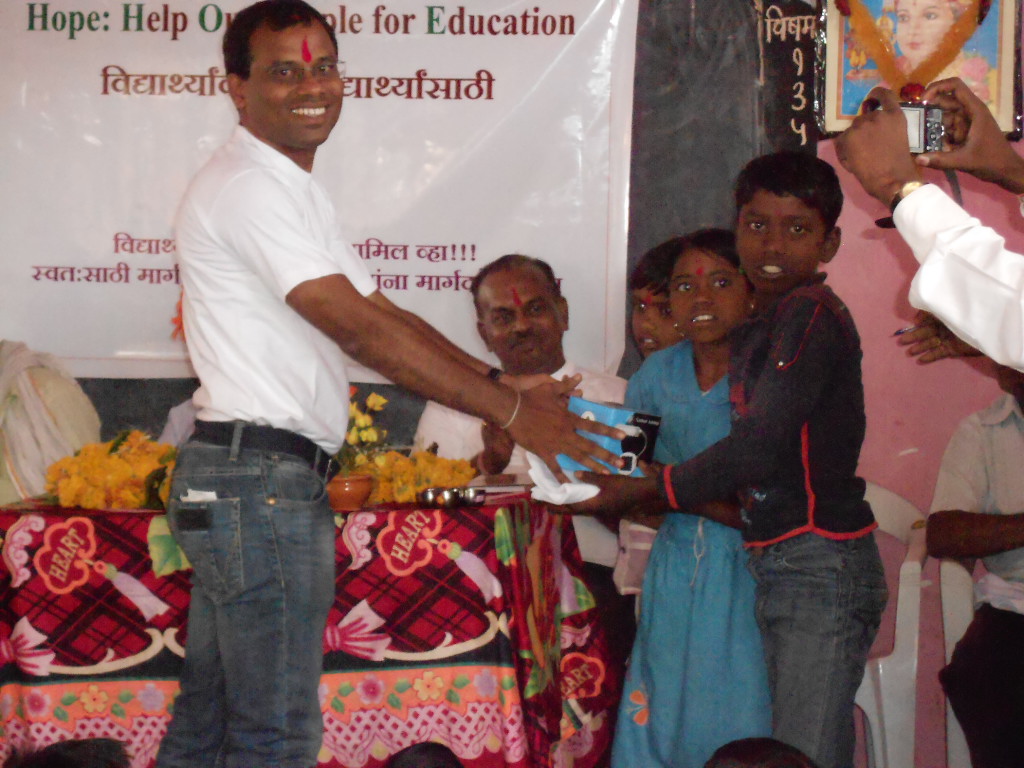
Manikandan (‘Ambulance Mani’), Puducherry
During this nationwide lockdown, there are people like 34-year-old Manikandan, better known as ‘Ambulance Mani’ who are working hard to ensure that those in need reach the hospital in time. A car salesman during the day and an ambulance driver by night, he has been operating a free ambulance service for the underprivileged since 2016.
Thus far, he has ferried more than 18 patients to nearby hospitals, including six pregnant women, who were due for delivery.
“For doctors working in public hospitals, support must come in the form of timely payment of salaries and benefits. We should also find ways of showing gratitude to their families as well since these doctors and nurses are putting themselves at risk,” he says.
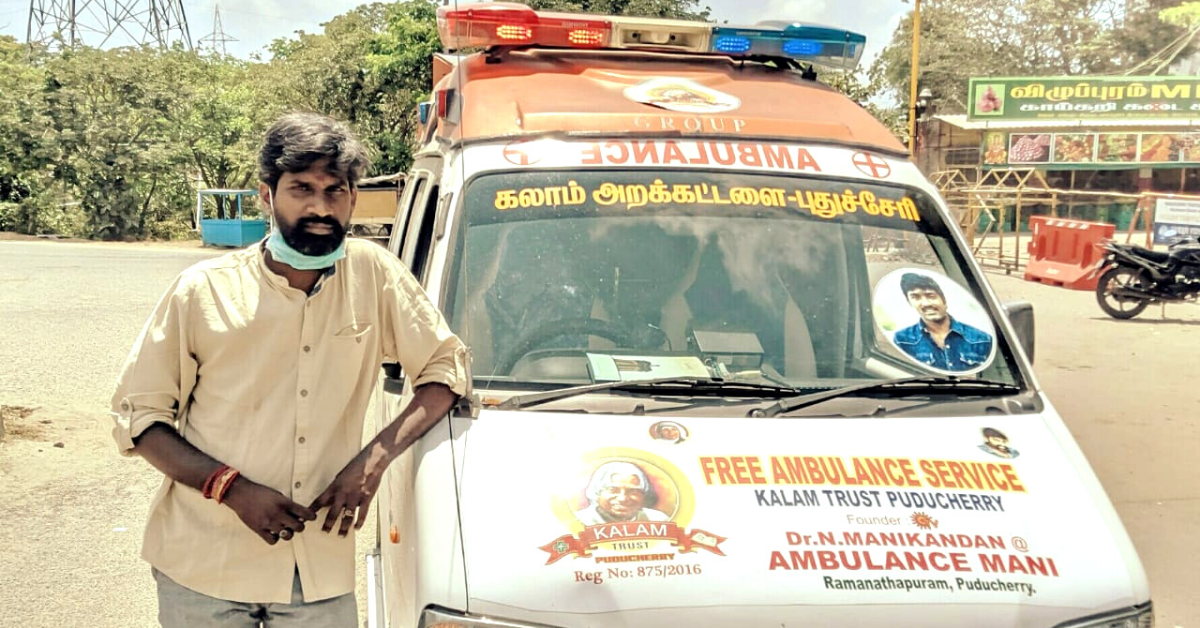
Mahita Nagaraj, Caremongering Initiative, Bengaluru
Mahita Nagaraj, a 38-year-old digital marketeer, first started the Caremongering Initiative to help elderly citizens, children, pregnant women and new mothers in Bengaluru access daily essentials and medicines during the Coronavirus-induced lockdown before it flowered into a nationwide initiative with nearly 500 willing volunteers.
“The general public has been told to fight this virus by staying at home and avoiding social gatherings. While everybody is staying home, hospital staff and police personnel are out throughout the day often working very long shifts, risking everything that they have and sacrificing time with their families to fight the battle for us. The very least we can do as a community, individual and society and country is respect them,” she says.
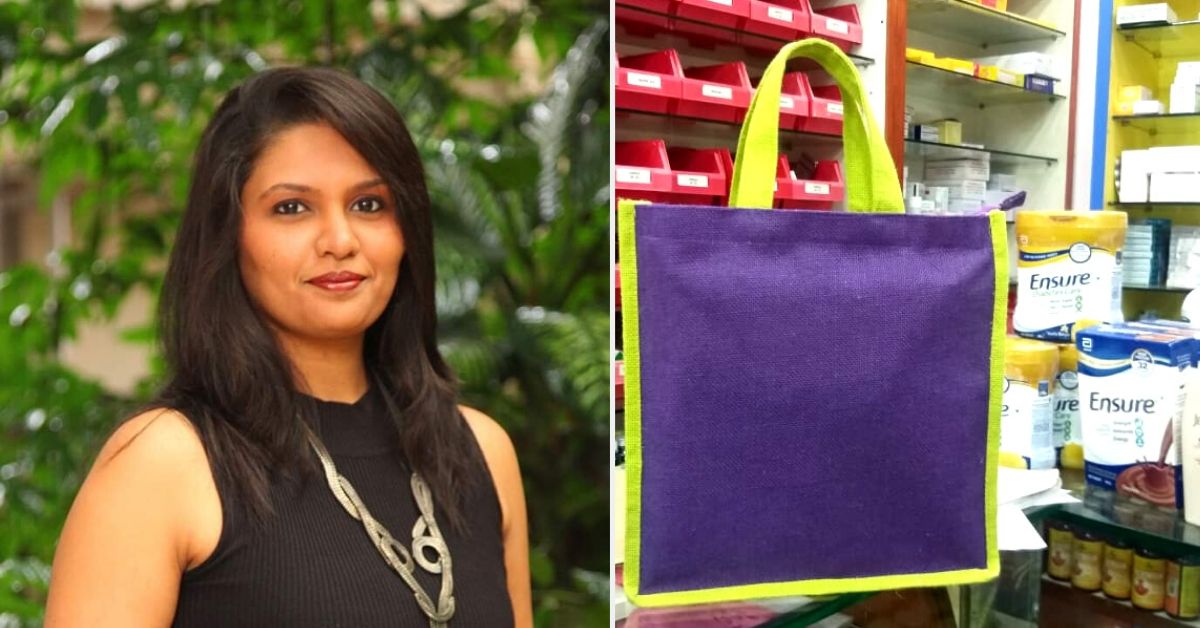
In these challenging times, it’s imperative that communities don’t give into ignorance, and instead exhibit solidarity with those on the frontlines. As many of them have told The Better India, it’s the bare minimum you can do.
Also Read: Covid-19: Citizens-Led Group Raises Rs 32 Lakh in a Month, Helps 1400 Poor Families
(Edited by Saiqua Sultan)
Like this story? Or have something to share? Write to us: [email protected], or connect with us on Facebook and Twitter.
If you found our stories insightful, informative, or even just enjoyable, we invite you to consider making a voluntary payment to support the work we do at The Better India. Your contribution helps us continue producing quality content that educates, inspires, and drives positive change.
Choose one of the payment options below for your contribution-
By paying for the stories you value, you directly contribute to sustaining our efforts focused on making a difference in the world. Together, let’s ensure that impactful stories continue to be told and shared, enriching lives and communities alike.
Thank you for your support. Here are some frequently asked questions you might find helpful to know why you are contributing?


This story made me
-
97
-
121
-
89
-
167











